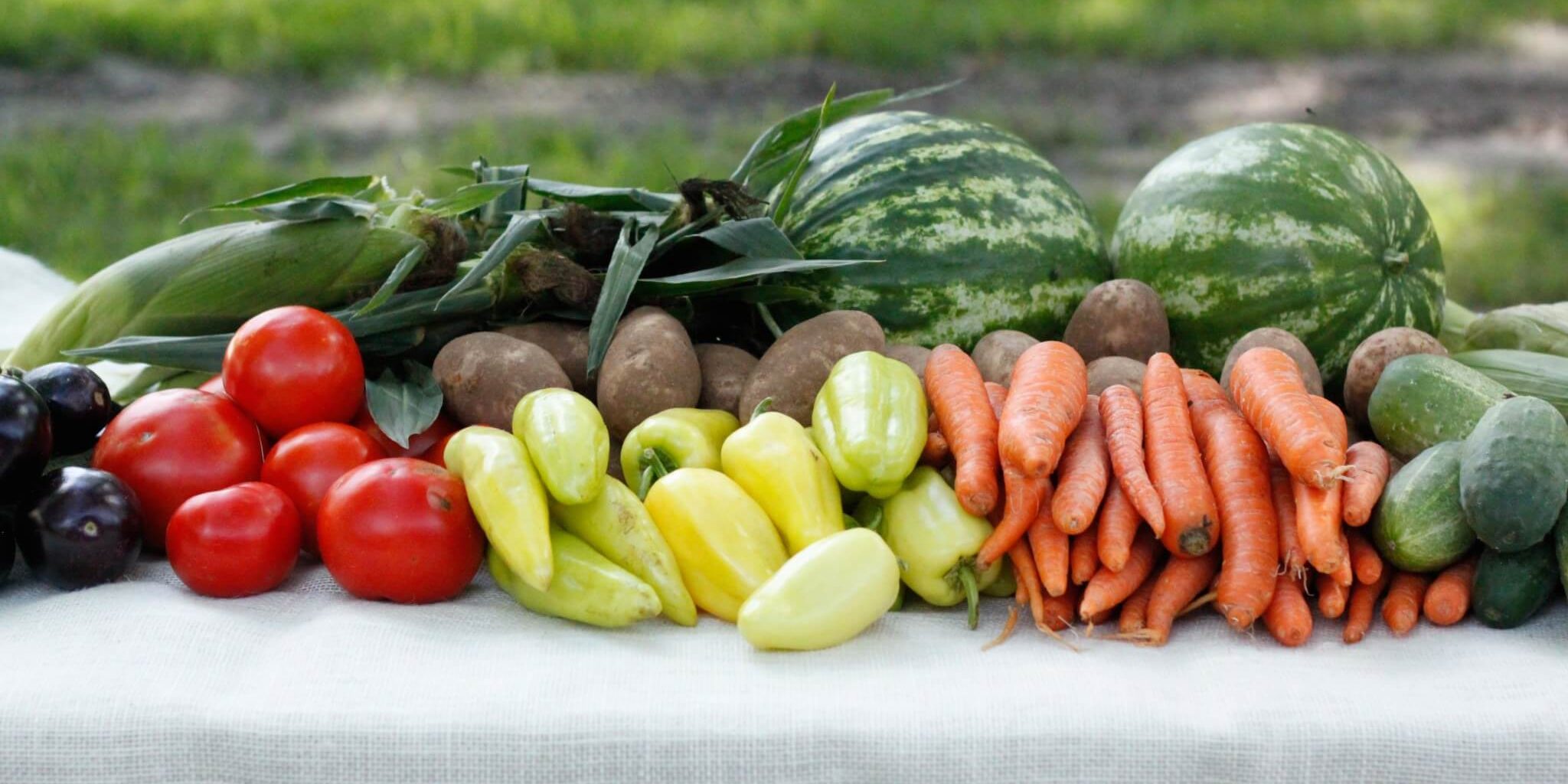
Guest Authors: Annalisa Hultberg, UMN Extension Educator, Michele Schermann, UMN Department of Horticulture, and Val Gamble, Produce Safety Program Manager, Minnesota Department of Agriculture
In the July Member Update, we wrote about GAP audits: what they are, how much they cost, and why you would get one. In general, wholesale produce distributors and large grocers are the most likely to require a GAP audit on your product in Minnesota. Remember, it is your product that gets the audit, not your farm. The audit is voluntary, and if you don’t want to get it you don’t have to, but you won’t be able to sell your product to a market that requires it. If you are interested in getting a GAP audit, please reach out to safety@umn.edu and we can help you develop your farm food safety plan and prepare for the audit. The Minnesota Department of Agriculture (MDA) is the entity that will conduct the USDA GAP audit and they have a GAP/GHP Certification Cost Share program that may help reimburse some of the certification costs.
Maybe No GAP Audit, but still GAPs!
If you are selling through a CSA, farmers’ market or a pick-your-own, it is very likely no one is requiring a GAP audit for your product. However, you still should use Good Agricultural Practices on your farm. GAPs are not a law, or a rule, or a government plan. They are simply the steps that you take on the farm to reduce the chances that someone will get sick with a foodborne illness from eating your produce. Steps include practices like washing your hands, not working when you are sick, washing, and sanitizing your tools and equipment, preventing cross contamination from raw manure, getting your well water tested for E. coli bacteria, and taking measures to exclude both domestic and wild animals from your fields and packsheds.
These practices are mainly common sense, and you are probably doing many of them. However, we still see some practices that may present a risk. Getting trained on GAPs is a great way to be proactive about protecting your farm, your customers, and your livelihood. Customers such as schools or food hubs may ask you to attend a GAPs training or ask if you have a food safety plan.
Unfortunately, foodborne illness outbreaks do happen. Recently, a Salmonella outbreak associated with fresh shelled peas at farmers markets occurred in Wisconsin. While still early in the investigation, this may have a negative impact on market sales in that area. We all need to do our part to practice Good Agricultural Practices to build our local food system and to ensure the public’s trust in the healthy, safe food that you grow.
Upcoming Training Options
There are a many educational and training options related to produce safety available for you to learn more:
Produce Safety Alliance FSMA Grower Trainings
The FSMA Produce Safety Rule has training requirements for those farms that are covered by this federal rule. (To learn if your farm is covered by the FSMA Produce Safety Rule see this FDA Coverages and Exemptions flowchart.) The Produce Safety Alliance (PSA) has developed a standardized, one day training curriculum for growers, which is one way to satisfy the FSMA Produce Safety Rule training requirement. PSA Grower trainings will be held next year on Jan 17th in St. Cloud, and on March 20th in Monticello, MN, with more to be added in other parts of the state. Look for registration information in November on our website (http://safety.cfans.umn.edu/) and in the Minnesota Grown Member Update newsletter.
The PSA course is for fruit and vegetable growers and others interested in learning about produce safety, the FSMA Produce Safety Rule, Good Agricultural Practices (GAPs), and co-management of natural resources and food safety. The PSA Grower Training Course is one way to satisfy the FSMA Produce Safety Rule requirement outlined in § 112.22(c) that requires ‘At least one supervisor or responsible party for your farm must have successfully completed food safety training at least equivalent to that received under standardized curriculum recognized as adequate’ by the FDA. The courses will be led by instructors from the PSA, UMN Extension, and MDA.
For more information on the PSA Grower Trainings in general, see the PSA web site.
Produce Safety Alliance Train the Trainer Workshop
This two-day course is for produce safety educators and others working with fruit and vegetable growers who are interested in becoming PSA Trainers or PSA Lead Trainers. Those who become a PSA Trainer or PSA Lead Trainer are able to offer the PSA standardized Grower Trainings to help fruit and vegetable farms meet the regulatory requirements in the FDA’s Food Safety Modernization Act (FSMA) Produce Safety Rule. This curriculum was developed through a nationwide collaboration between produce growers, extension educators, researchers, produce industry representatives, and government personnel.
Minnesota Farmers Union, MDA, and the University of Minnesota Extension are co-hosting a train the trainer course in St. Paul on November 28 and 29th. For more information on the PSA Train the Trainer workshop see the PSA web site. Register at: www.psp.tix.com
General GAPs Workshops
If your farm will not fall under the FSMA Produce Safety Rule, but you still want to learn about GAPs and plan for a GAP audit, please consider attending a GAP workshop. These workshops are scheduled based on demand, so if you would like a workshop in your area, e-mail safety@umn.edu. It is a great chance to connect with other farmers in your area and hear practical tips on best practices for your farm.
The next General GAPs workshop is Tues, Oct 17, 2017 from 9:30am – 3:30pm at Sprout Food Hub in Little Falls, MN. By the end of this workshop, you will:
- Understand microbial risks associated with the growing, harvest, washing and packing of fresh fruit and vegetables
- Learn about buyer requirements and expectations for food safety.
- Learn about recent food safety regulations that may impact your farm.
- Practice writing food safety SOPs and risk assessment statements that are helpful for your farm, your food safety plan, and are required for a GAPs audit, if you choose to get one.
For more information and to register visit: http://z.umn.edu/2017gaps by October 9, 2017. There is no fee for this workshop; costs are covered by support from the MDA Specialty Crop Block Grant Program.
GAPs Online Produce Safety Course from Cornell University
This fully online course offers an overview of GAPs and produce safety on the farm. The next course will be offered October 11 - 31. The cost is $190 per participant and typically takes 15-25 hours to complete. Another future classes will take place November 29 - December 19, 2017. Our program has grant funds to pay for the course fee for a limited number of Minnesota specialty crop growers. Email safety@umn.edu for more information. (We may not have these funds available next year; take advantage of this offer now).
To register for any session of the GAPs Online Produce Safety Course, click here.
_____________________
Funding for this statement, publication, press release, etc. was made possible, in part, by a grant through the Food and Drug Administration. The views expressed in written materials or publications and by speakers and moderators do not necessarily reflect the official policies of the Department of Health and Human Services; nor does any mention of trade names, commercial practices, or organization imply endorsement by the United States Government.
